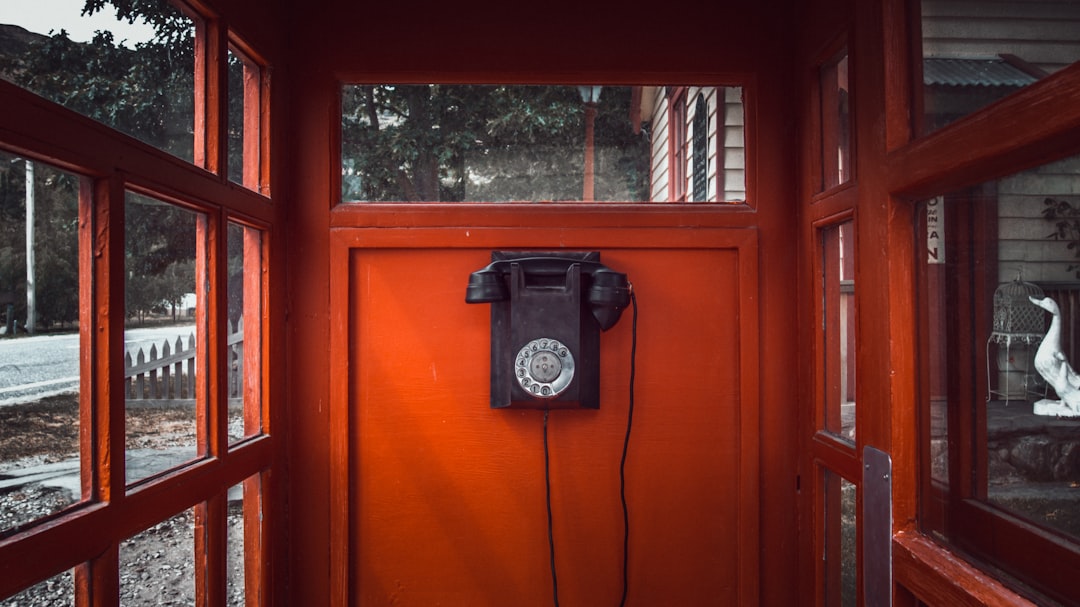In Ohio, understanding autodialer laws is crucial for community privacy protection. The Legal Help Center educates residents about consent requirements and rights, with autodialer attorneys guiding compliance and dispute resolution. Community workshops led by these specialists empower Akron residents to navigate telemarketing, ensuring ethical business practices and individual privacy.
In Akron, Ohio, understanding and managing autodialers is crucial for community education. This article explores strategies to navigate the legal complexities surrounding these automated calling systems, with a focus on empowering residents. We delve into the perspective of local attorneys who specialize in autodialer regulations, offering insights into current laws and rights. By combining legal expertise with community engagement, we aim to enhance awareness among Ohio residents about their options when faced with autodialers.
Understanding Autodialers: A Legal Perspective for Ohio Communities

In Ohio, understanding and navigating the legal aspects of autodialers is crucial for community education. Autodialers, while powerful tools for businesses, can infringe on individual privacy if used improperly. The Legal Help Center of Akron offers insights into the state’s regulations regarding automated dialing systems, emphasizing the need for transparency and consent in marketing efforts. Ohio law allows for certain exceptions, such as emergency situations or when a consumer has given explicit permission, but generally, businesses must obtain prior consent before making automated calls.
Community education about autodialers should focus on empowering residents to recognize their rights. Consumers can take proactive measures by reviewing privacy policies, opting out of unwanted calls, and reporting suspected illegal practices to local autodialer attorneys in Ohio. Staying informed ensures that community members can protect themselves from potential misuse of autodial technology, fostering a more aware and resilient digital environment.
The Role of Attorneys in Navigating Autodialer Regulations in Akron

In Akron, as in many parts of Ohio, the presence of autodialers has sparked regulatory debates and legal considerations. Here, attorneys play a pivotal role in navigating complex laws surrounding autodialer usage. They guide individuals and businesses on how to conform to local regulations, ensuring compliance to prevent unlawful practices. With the ever-evolving legal landscape, these legal professionals keep up-to-date with changes in legislation related to autodialers, offering expert advice to clients facing similar issues.
Autodialer attorneys in Ohio are instrumental in helping community members understand their rights and obligations. They provide clarity on when and how autodialers can be used for marketing or informational purposes, ensuring that businesses operate within ethical boundaries. Moreover, these attorneys assist in resolving disputes arising from autodialer activities, offering legal representation where necessary to protect the interests of their clients.
Empowering Residents: Strategies for Educating on Autodialer Rights

Empowering residents with knowledge about their rights regarding autodialers is a key step in ensuring a well-informed community. In Akron, Ohio, where concerns about telemarketing practices are common, educating citizens on how to recognize and protect themselves from unwanted automated calls can be transformative. One effective strategy involves hosting community workshops or informational sessions led by local autodialer attorneys who specialize in consumer protection law. These legal experts can break down complex regulations and rights into simple, understandable terms.
During these sessions, residents can learn about their ability to register for do-not-call lists, opt-out options, and the legal repercussions for companies using autodialers without proper authorization. By providing practical tips and addressing common misconceptions, residents will feel more confident in navigating telemarketing interactions. Additionally, encouraging open dialogue and sharing real-life experiences can create a supportive environment where individuals feel empowered to stand up for their rights against autodialing intrusion.






